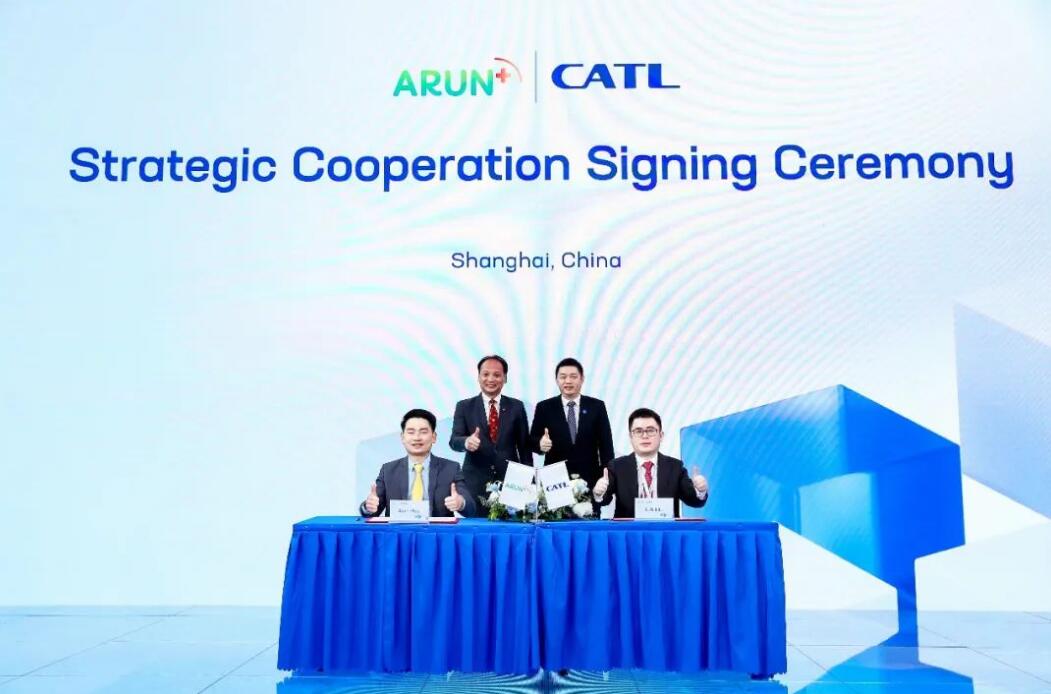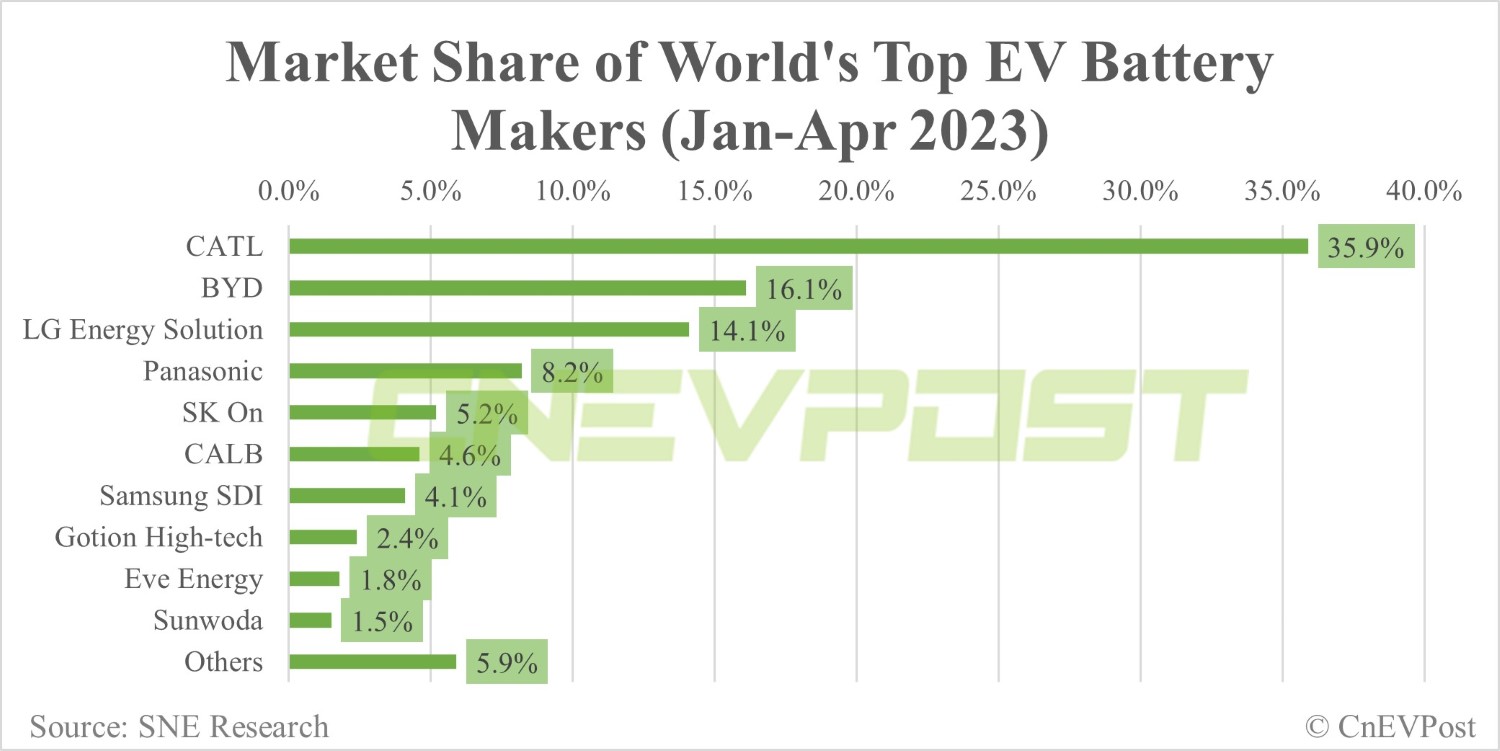In the Qiji Energy solution, a single battery block has a capacity of 171 kWh and heavy-duty trucks can choose to use 1-3 blocks.

Chinese power battery giant CATL has unveiled a battery swap solution for heavy-duty trucks, following the release of a similar solution for passenger cars early last year.
CATL unveiled the Qiji Energy solution, consisting of battery swap stations, battery blocks and a cloud platform, at an online launch event today.
The battery swap stations for heavy trucks use adaptive tuning technology and cover the full wheelbase of heavy trucks.
The battery blocks, or electric blocks, are powered by CATL's third-generation lithium iron phosphate batteries with no heat dispersion technology and a cycle life of over 15,000 cycles.

Similar to EVOGO's Choco-SEB (swapping electric block), which it released last year, the solution for heavy trucks supports flexible use of the number of batteries in the vehicle.
With a single electric block capacity of 171 kWh, heavy trucks can choose to use 1-3 blocks, and the entire battery replacement process takes only a few minutes.

The cloud platform helps drivers make battery swap service appointments, plan driving routes and allows CATL to manage assets.
In a vehicle-battery separation model, a heavy truck can save between RMB 30,000 (US$4,200) and RMB 60,000 in annual costs, CATL said.
On January 18, 2022, CATL officially announced EVOGO, the battery swap brand for passenger cars, primarily for the shared mobility market.
EVOGO offers a battery swap solution consisting of battery blocks, fast battery swap stations, and an app.
The battery block, called Choco-SEB by CATL, is a mass-produced battery developed specifically for shared mobility, allowing consumers to select one or more batteries to match their mileage needs.
The battery block can be adapted to 80 percent of the world's models already on the market and those developed on all-electric platforms that will be available in the next three years, CATL said at the time.
On June 6, CATL said EVOGO's battery swap service became available in Fuzhou, the capital of Fujian province, with the first three battery swap stations already in operation. Prior to that, the service was already available in Xiamen, Hefei and Guiyang.
($1 = RMB 7.1424)
CATL unveils module to bracket battery technology for heavy trucks
The post CATL launches battery swap solution Qiji Energy for heavy-duty trucks appeared first on CnEVPost.
For more articles, please visit CnEVPost.











